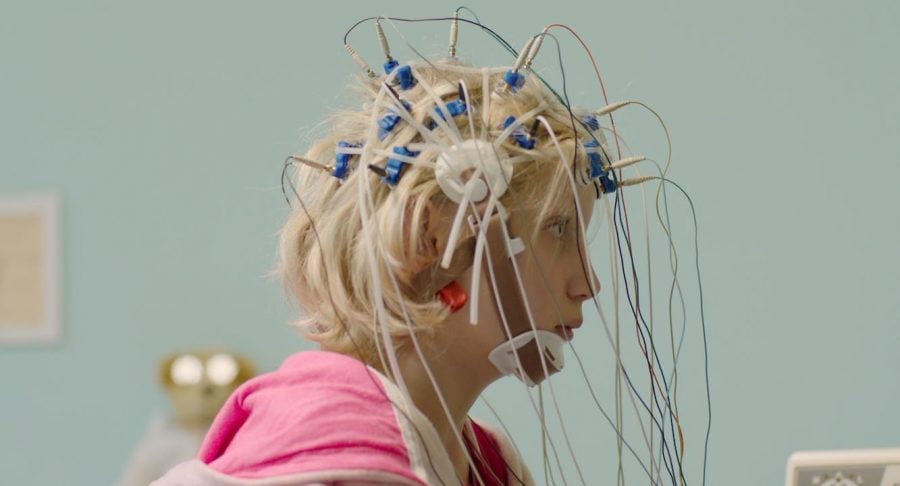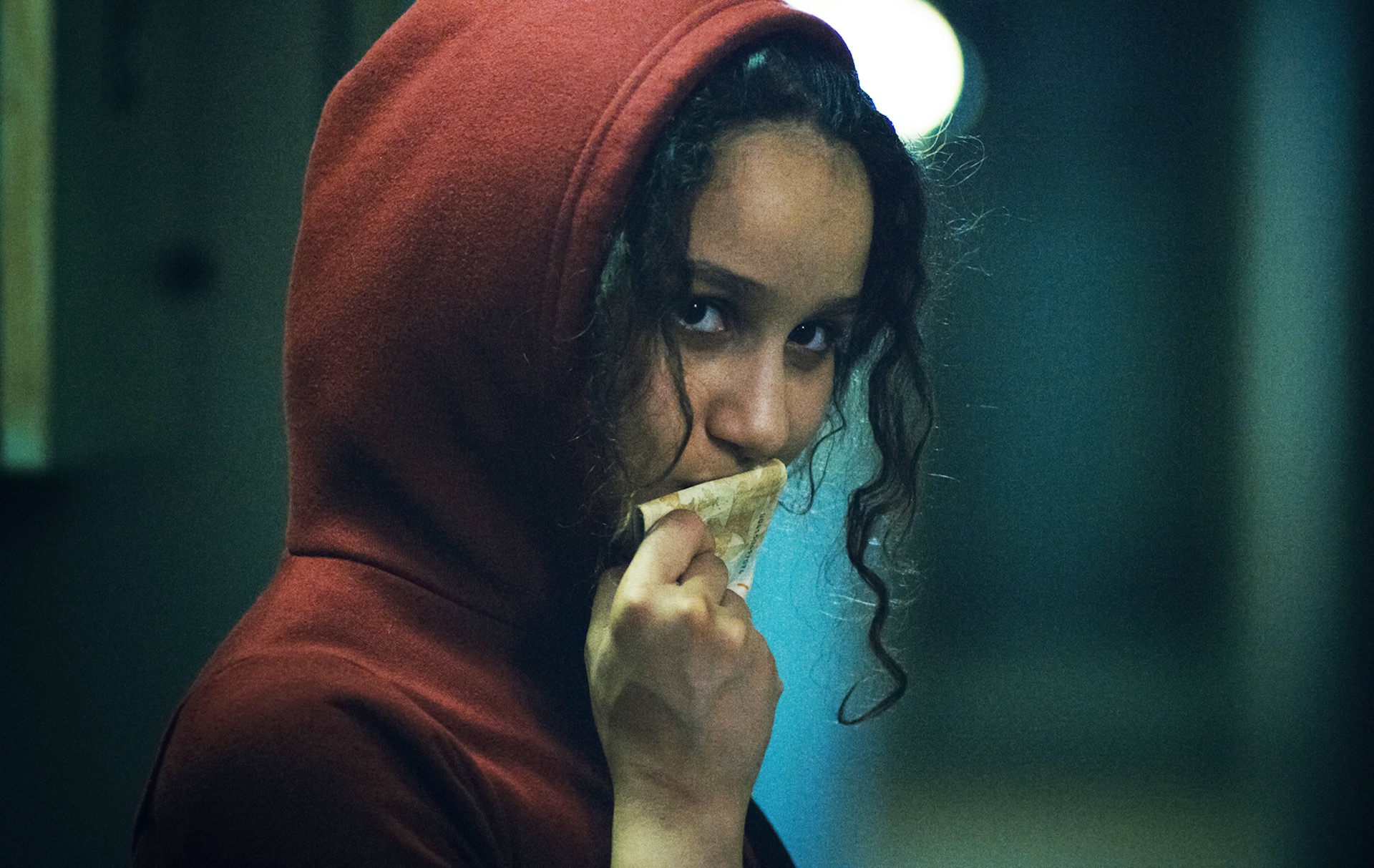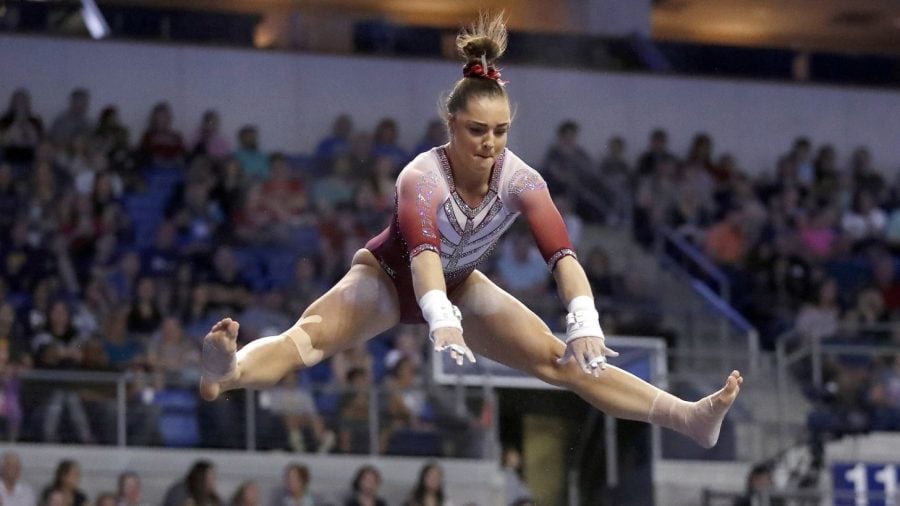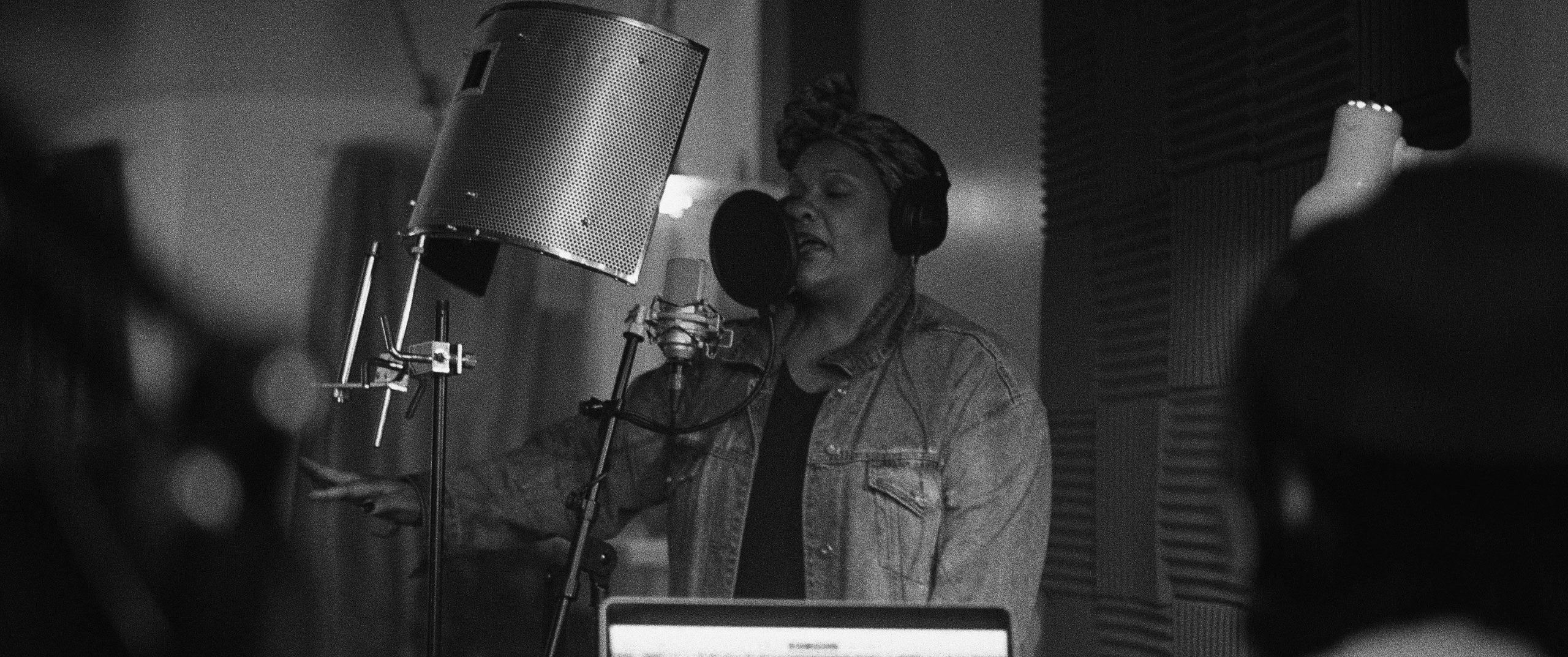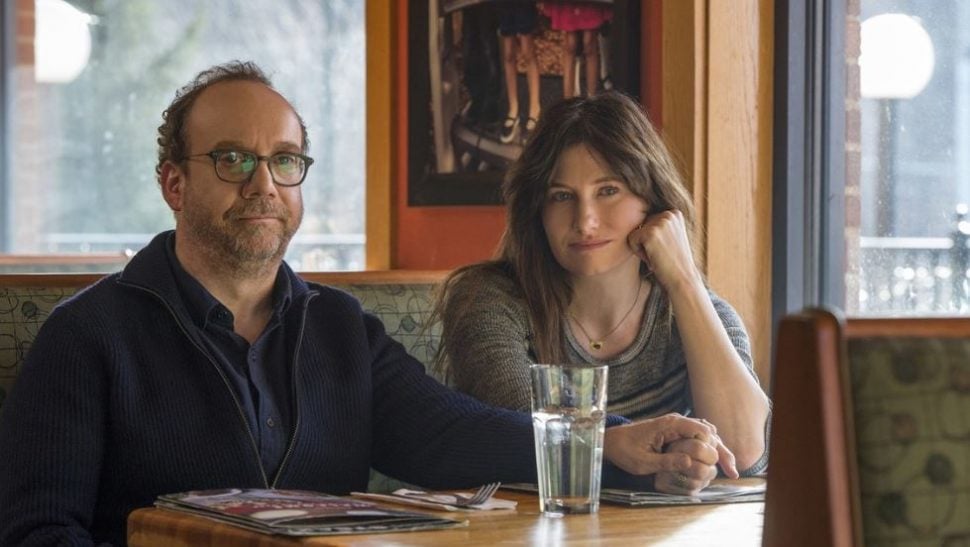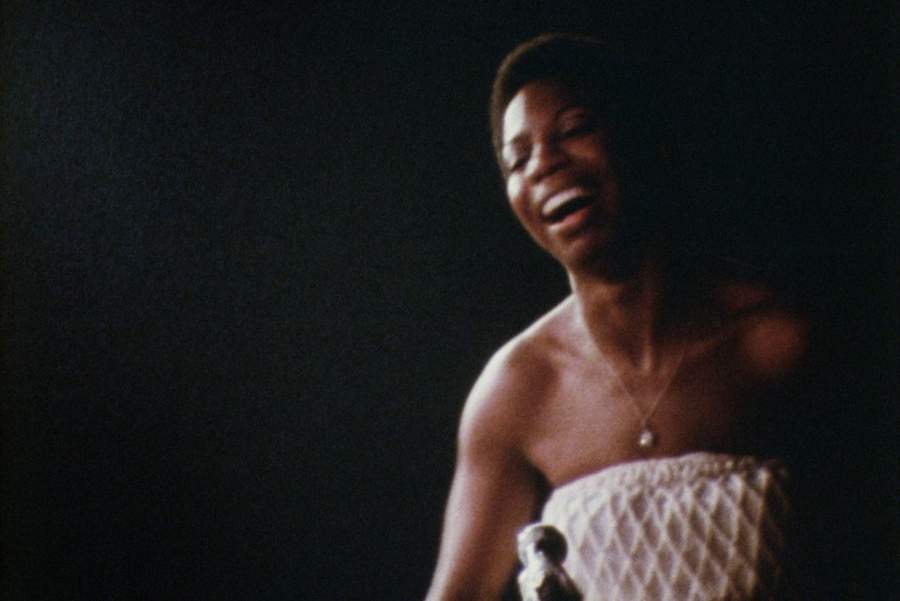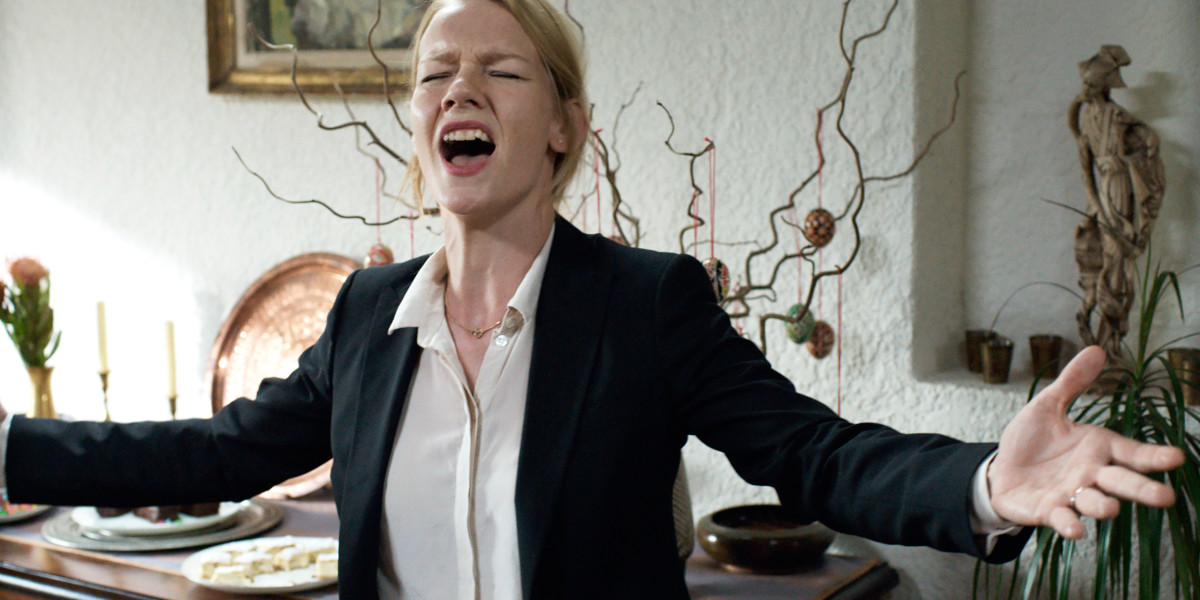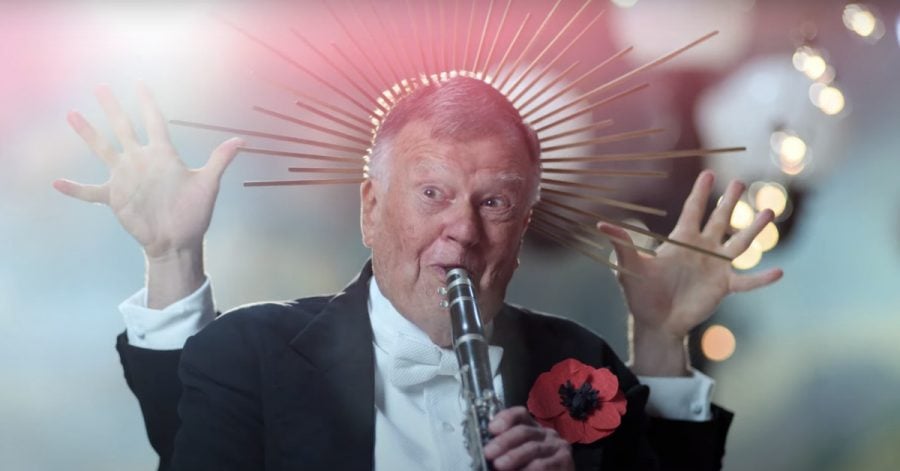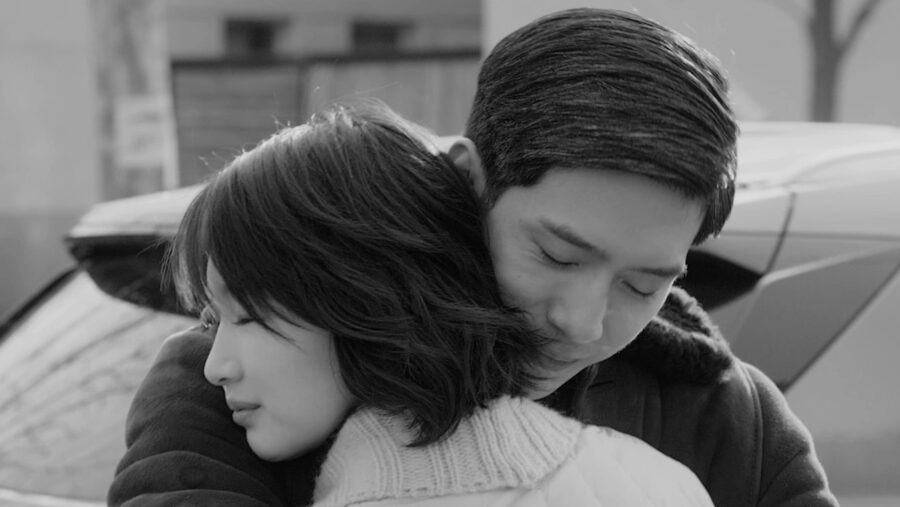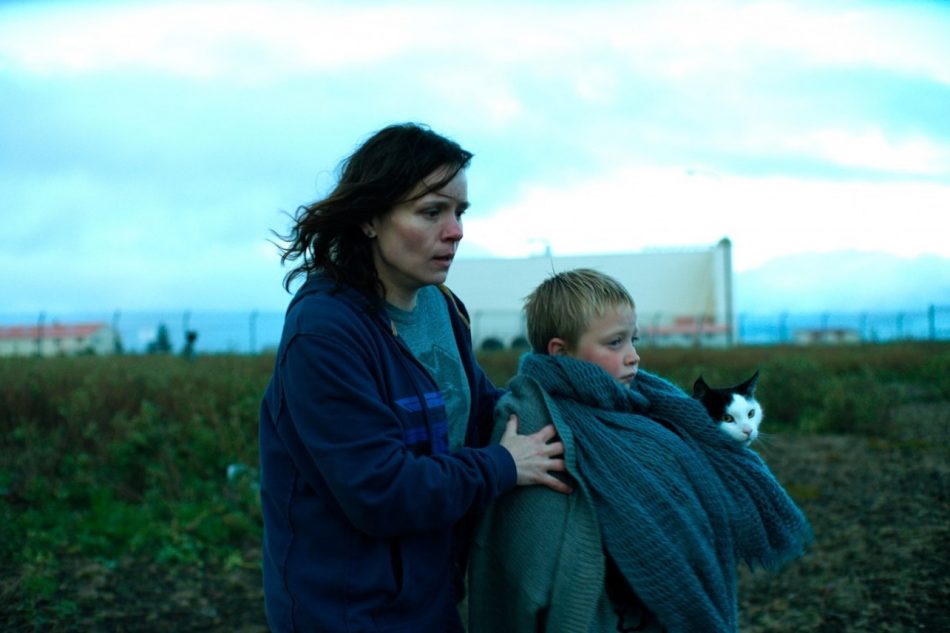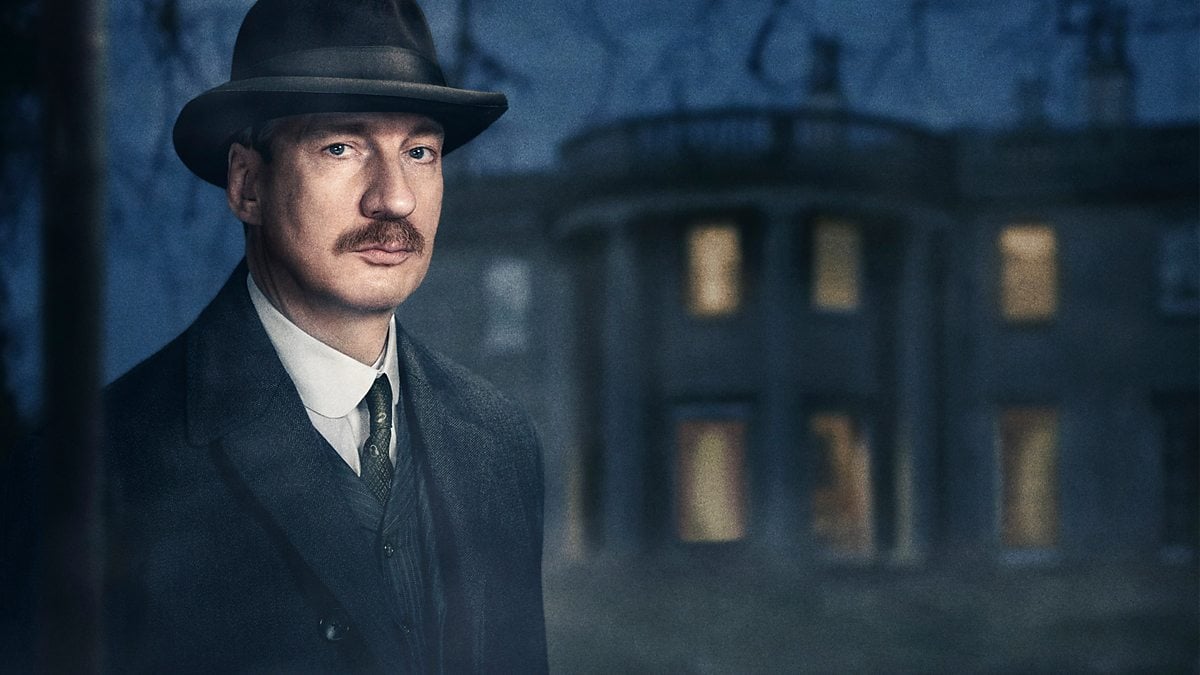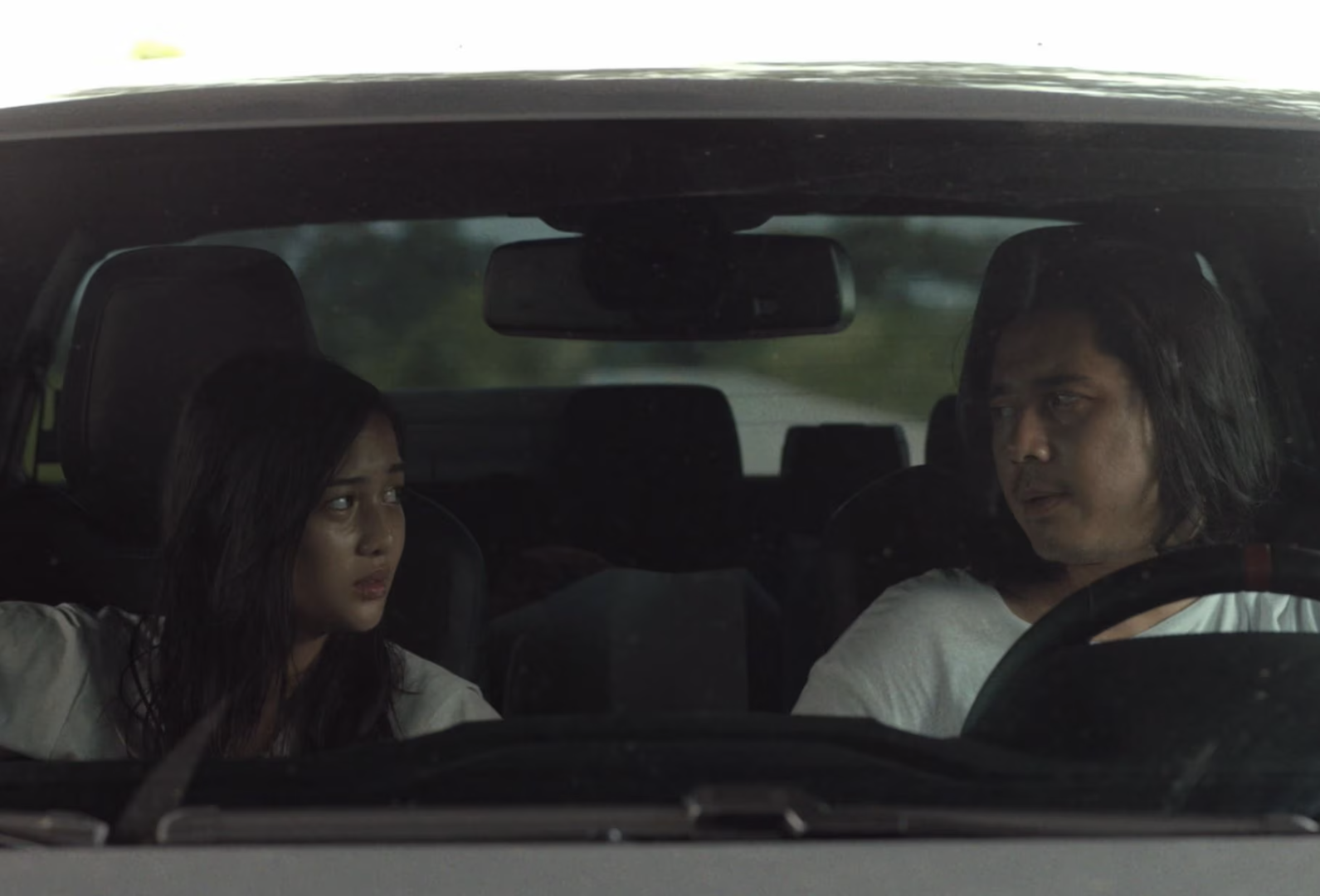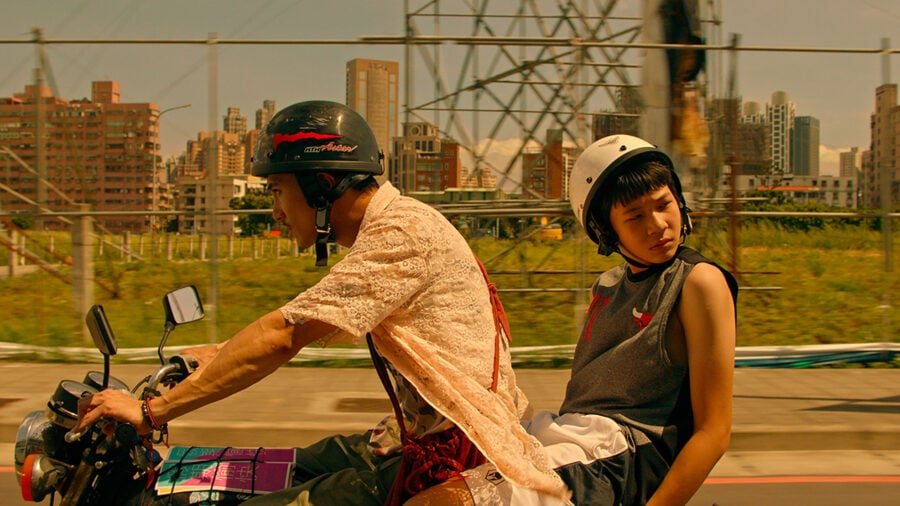Good movies usually aren't lengthy movies, unless we're talking about cases like Toni Erdmann. It's a supremely smart German-Austrian comedy that depicts the story of a Father-Daughter tandem in light of life’s weirdest, most inconvenient moments. Deciding to visit his daughter on a whim after his dog dies, Winfried (Peter Simonischek)—a man known for his outrageous pranks and many a disguise—flies to Bucharest. Ines (Sandra Huller), the daughter, buzzing with work to the brim in a very challenging job, to say the least, isn’t impressed. This leads to even more uncomfortable encounters as the estranged father poses as the title character, life coach to the disapproving daughter’s boss. On top of being a shrewdly observed and relevant movie, the brilliant writing by Maren Ade crafts something thoroughly enjoyable and heartfelt here, highlighting the importance of family bond in an oddly sweet way, and criticizing modern-day work ethic and the toll its taking on us. The beginning is a bit slow, but if you're a bit patient you will be surprised how much this movie will reward you.
Genre: Comedy, Drama
Actor: Alexandru Papadopol, Andrei Mateiu, Bryan Jardine, Cezara Dafinescu, Cosmin Pădureanu, Dana Marineci, Daniel Filipescu, Hadewych Minis, Hans Löw, Hartmut Stanke, Ingrid Bisu, Ingrid Burkhard, Irene Rindje, John Keogh, Julischka Eichel, Jürg Löw, Klara Höfels, Luana Stoica, Lucy Russell, Manu Sabo, Manuela Ciucur, Michael Wittenborn, Miriam Rizea, Nicolas Wackerbarth, Niels Bormann, Ozana Oancea, Peter Simonischek, Radu Bânzaru, Ruth Reinecke, Sandra Hüller, Sava Lolov, Thomas Loibl, Trystan Putter, Ursula Renneke, Valentin Popescu, Victoria Cocias, Victoria Malektorovych, Vlad Ivanov
Director: Maren Ade
Rating: R


